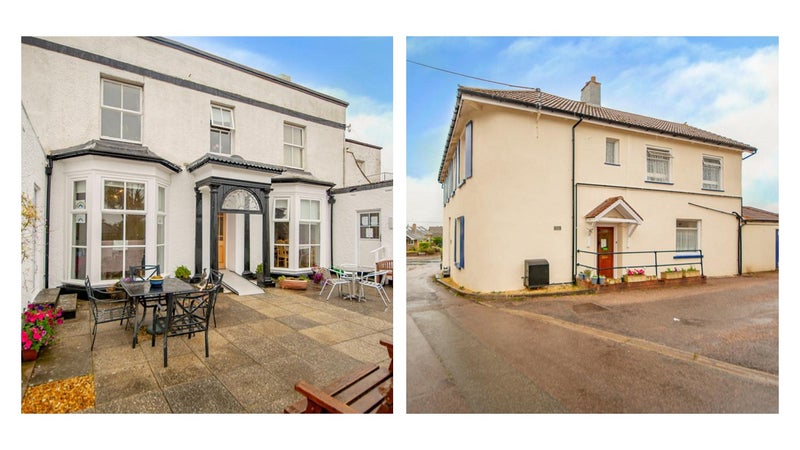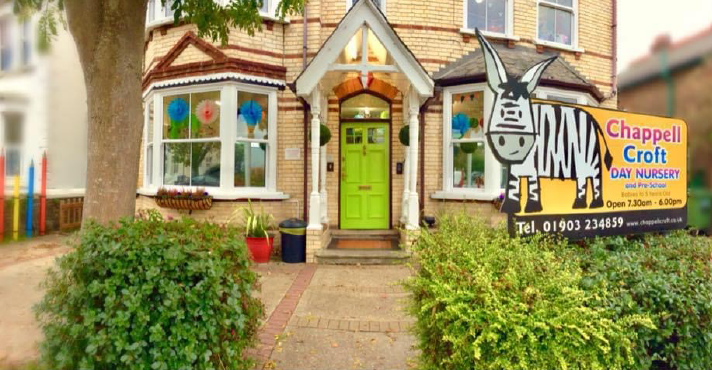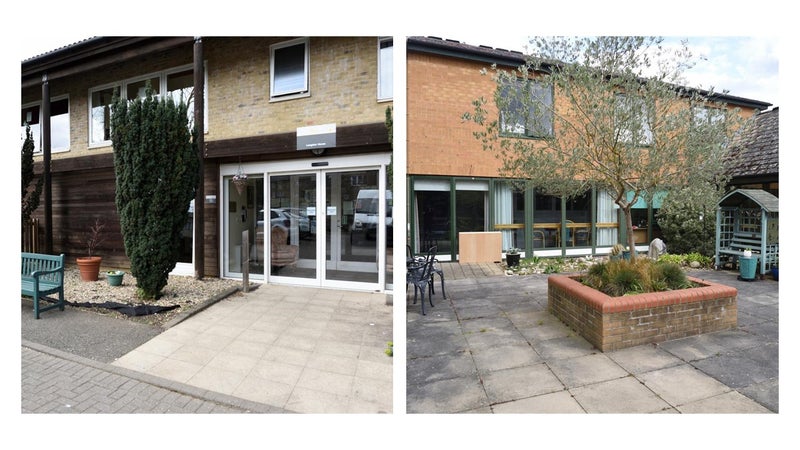The current state of the social care market
After taking part in a panel discussion on the social care market which aired on BBC Radio Kent on 26th June, Michael Hodges highlights the key considerations and issues that emerged from the talking points.

It is no secret that the NHS and care sector has been under pressure for some time now and has been under some scrutiny in the media, but it is not immediately to obvious to the public, those who currently or may in in the future have to rely on social care services, what the issues are or how the sector currently operates.
In the radio panel discussion with Tony Stein, Chief Executive of HCMS, a group care home operator, and our host Paul Obey who has previous professional experience in social care, we considered the realities and expectations of care home settings, funding, staffing and what needs to be done to ensure the sector can meet future demands.
Looking at supply versus demand, it is impossible to ignore the figure which emerged from a statistical analysis produced by The Lancet last year which noted that due to our aging population, there will need to be an additional 70,000 beds to provide for the next generation of elderly people.
This provision of necessary space is unlikely to come from local authority funded care homes, as the majority of the 1,000 beds which have been removed from the market in the past three years were from these homes. This is not to say that the market is in decline, in fact in the South East there has been 40 new registered homes in the same period, however the way that homes are funded and the capital needed to initiate and maintain a care business has increased.
Privately funded and group operated homes are often best placed to thrive in the sector as fees can be increased relative to the necessary investment in the home and, using income from other successful settings, investing in a new setting is certainly more feasible. With it taking around £10 million to build and facilitate a new care home from scratch, starting capital is often a hurdle for those looking to enter the sector. Additionally, it can often take 2-3 years for planning consent to be fully achieved before operators can start building.
With this in mind, it is challenging to make economics stack up for new build care homes reliant on the local authority funded market although it should also be acknowledged that local authority fees are materially higher in some areas when compared to others.
That being said, the gap between fees for residents in private versus local authority funded settings is unsustainable. With private care home fees supplementing payments from local authorities, there is a need to re-evaluate the way costs are calculated.
What everyone across the board agrees on when it comes to social care however, is that the staff are the most important asset a care home can have. It has been a challenge to secure the necessary numbers of nurses, particularly following bursary cuts, higher entry requirements to the profession, and of course the impact of Brexit on the numbers of overseas students and professionals. The sector receives great support from international workers and the recent reduction of the cap for Tier 2 visas for medical professionals is a step in the right direction in maintaining this support.
Working in social care, whilst demanding, can be a fulfilling and rewarding career path which more and more operators are putting value into. Through building up the necessary skills and qualifications whilst working and gaining experience, there are prime opportunities to climb up the ladder, with some able to grow from care assistant to manager.
Social care is something which most of us need for ourselves or our loved ones at one point or another, and so having discussions around how to support and improve the sector is vital. While our population is living longer, we will need to address how to support the extra demand and it is the responsibility of everyone involved in the sector to work this out and sustain these essential services.
Click here to listen to the full panel discussion.



















